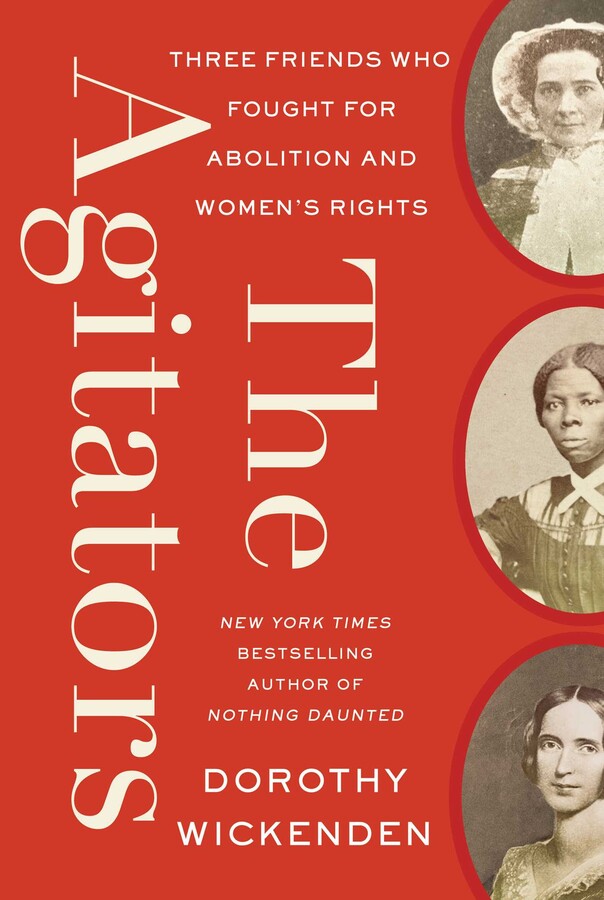About this item
Harriet Tubman - no-nonsense, funny, uncannily prescient, and strategically brilliant - was one of the most important conductors on the underground railroad and hid the enslaved men, women and children she rescued in the basement kitchens of Martha Wright, Quaker mother of seven, and Frances Seward, wife of Governor, then Senator, then Secretary of State William H. Seward. Harriet worked for the Union Army in South Carolina as a nurse and spy, and took part in a river raid in which 750 enslaved people were freed from rice plantations. Martha, a "dangerous woman" in the eyes of her neighbors and a harsh critic of Lincoln's policy on slavery, organized women's rights and abolitionist conventions with Susan B. Anthony and Elizabeth Cady Stanton.
About the Author
Dorothy Wickenden
Dorothy Wickenden became the Executive Editor of The New Yorker in January 1996. She joined the magazine as Managing Editor in March 1995. She also writes for the magazine and is the moderator of its weekly podcast "The Political Scene. " Wickenden is on the faculty of The Writers' Institute at CUNY's Graduate Center, where she teaches a course on narrative nonfiction. Previously, Wickenden was National Affairs Editor at Newsweek from 1993 - 1995. Before that, she spent fifteen years at The New Republic, first as Managing Editor and later as Executive Editor. She edited "The New Republic Reader: 80 Years of Opinion and Debate" (Basic Books, 1994) , an anthology of New Republic pieces. Ms. Wickenden has also written for The New Yorker, The Wall Street Journal, The New Republic, the Washington Post, and the Wilson Quarterly. A member of Phi Beta Kappa and a magna cum laude graduate of Hobart and William Smith Colleges, she was a Nieman Fellow at Harvard in 1988-1989. She served as a member of the Colleges' Board of Trustees from 1994-1998. Wickenden lives with her husband and two daughters in Westchester, New York.
Report incorrect product information.



